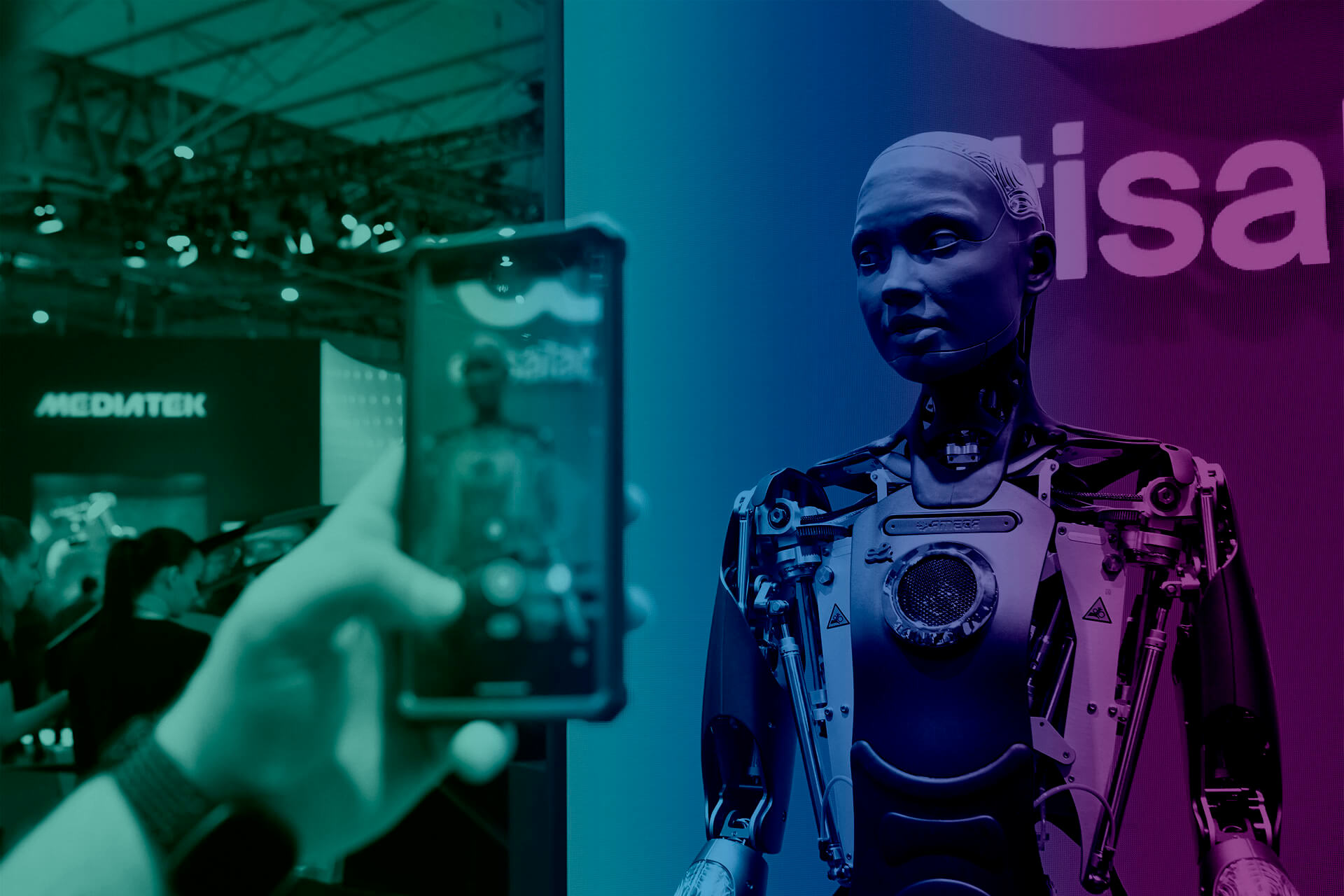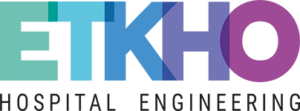Digital health at Mobile World Congress 2024 has been an important topic of interest, debate, analysis and innovation in this edition, held from February 26 to 29 in Barcelona and which brought together almost 100,000 attendees.
Technology is an essential part of the healthcare industry. For some years now, digitalization has been one of the priorities of any health system because it improves the quality and result of any health process in which it is integrated.
Furthermore, the speed with which digital health develops means that continuous learning and study in this area is necessary.
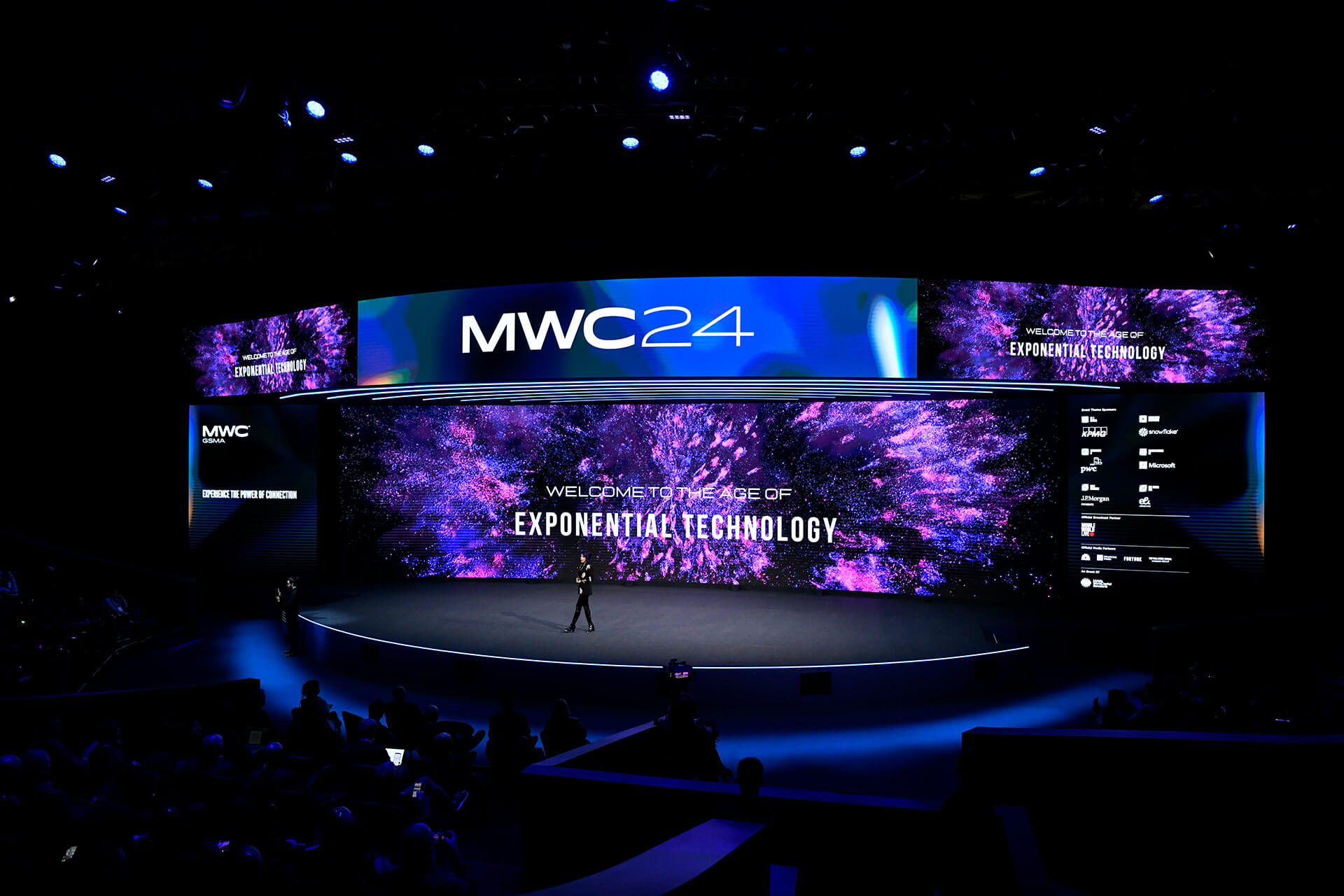
© 2024 GSMA / MWC
Digital health, protagonist of MWC 2024
From the artificial intelligence revolution in healthcare to technological developments in the oncology field, passing through the importance of innovation in building a sustainable, efficient and patient-centered healthcare ecosystem.
Digital health is here to stay as an essential item at one of the most relevant conferences in the world.
Use of medical applications based on Artificial Intelligence (AI) to recognize symptoms and diagnose them, surgical robotics, digital organ twins… The digital transformation of the health sector, which accelerated exponentially with the COVID-19 pandemic, is underway and there is no turning back.
This was especially highlighted at the 2024 edition of the Mobile World Congress (MWC). Below we leave you the most interesting news.

© 2024 GSMA / MWC
A revolution called ‘digital twin’
Having a replica of your heart to improve the treatment of people with heart disease is possible thanks to the ‘digital twin’, the most revolutionary prototype in the field of health.
This technology is capable of creating virtual models of our body parts thanks to supercomputing or artificial intelligence.
“The idea is that we will go from medicine that cured a disease to medicine that cures the patient,” said the deputy director of the BSC, Josep Maria Martorell.
To do so, they simulate “the electromagnetic interaction of fluids through multiphysics and mathematics.” Next, the ELEM Biotech team manages to replicate the human organ. In addition, it explains that through this organ it is possible to observe how medications affect .
According to its creators, this ‘digital twin’ will be a reality in 3 or 5 years, if it overcomes the obstacle of regularizing virtual clinical trials, in addition to the implications of patient data privacy.
“Having a replica of your heart to improve the treatment of people with heart disease is possible thanks to the ‘digital twin’, the most revolutionary prototype in the field of health.“
Robots, helmets and devices to continue innovating
The Surgical Robot also caused a sensation at the MWC. It is a white surgical robot that looks like a spider and was already present in last year’s edition, but has returned with improvements.
It is not yet on the market, but it is being tested in clinical trials at the Barcelona Clinical Hospital. So far, they have obtained very positive results and they hope that the authorities will soon be able to verify it.
On the other hand, detecting brain activity right after a stroke will be easier and faster thanks to a helmet. It is already being tested in three hospitals and is focused on diagnosis and treatment.
The device is made up of a headband, an electron, an iPad and a glove to stimulate and capture the brain waves of a person who has suffered a stroke. With the information collected, we can see where the stroke occurred, the necessary intervention and when the patient should undergo an examination or review.
Finally, another of the most interesting devices that we could see at the Mobile World Congress was ATENEA.
Without buttons or a touch screen, we can speak directly with this technological solution, although it can also be used on a tablet. If you hear “Help, it smells like burning!”, the phone calls the emergency services.
The key to this device is the integrated artificial intelligence. It allows you to interpret everything from dangerous situations to making a video call to a family member or scheduling a medical appointment.
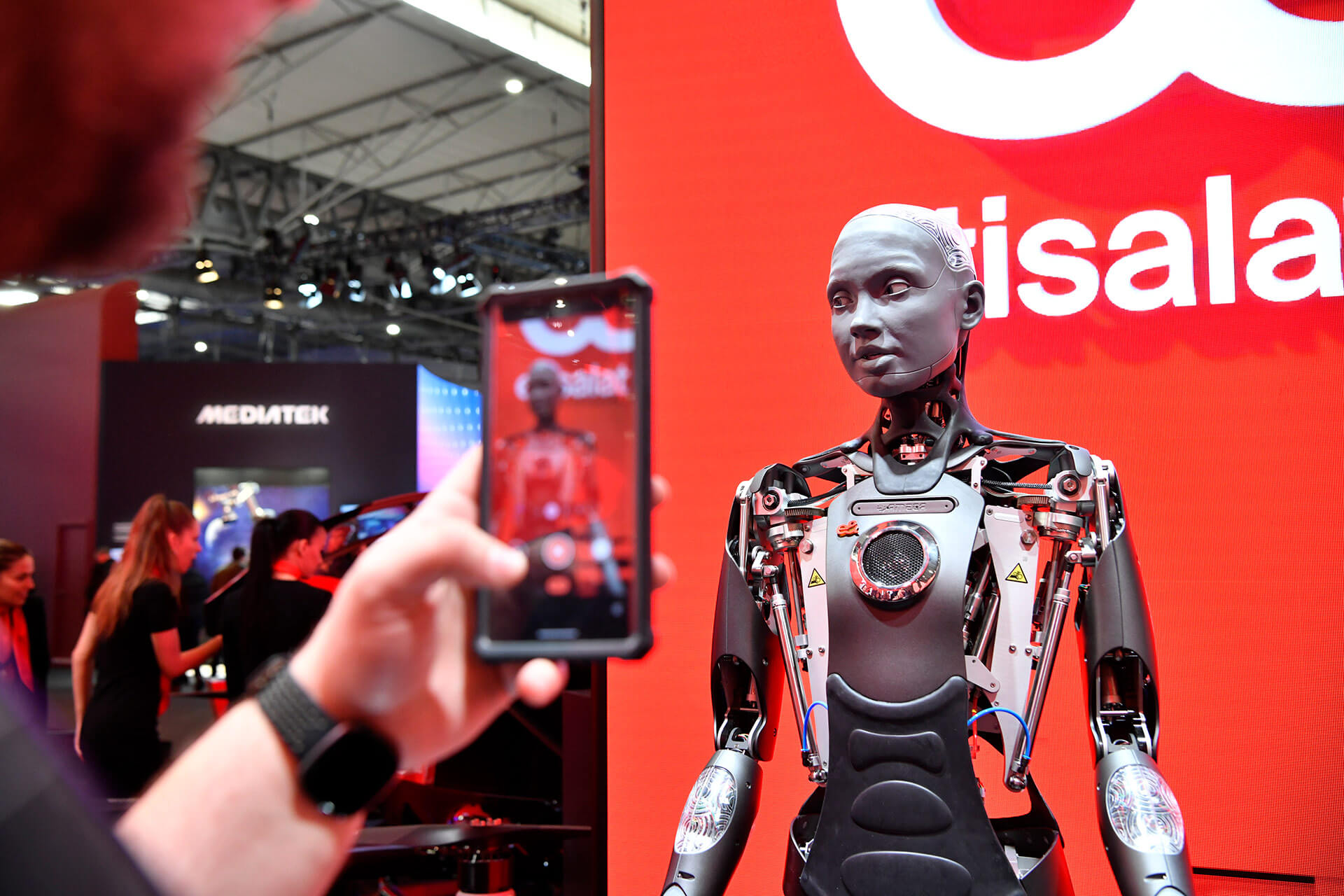
© 2024 GSMA / MWC
The transformation of health systems thanks to Artificial Intelligence
Within the framework of the MWC, Boehringer Ingelheim organized a meeting where the potential of Artificial Intelligence (AI) in the transformation of the health sector was analyzed.
The emergence of new technologies has completely transformed healthcare systems. Digital health has emerged as a set of tools that have the potential to improve diagnosis, treatment and adherence, as well as monitoring of different diseases.
Among the many innovative solutions, AI is changing the way healthcare is delivered, enabling more accurate diagnoses, personalized treatments, and greater process efficiency.
Its aim is to improve the quality of life and experience of patients and ensure that they receive the appropriate treatments in the most effective way possible.
From a scientific perspective, AI can help the scientific and clinical development of new treatments, as well as improve existing ones.
Meanwhile, from an applied perspective, AI can improve the efficiency of healthcare processes and personalize treatments for each patient. All this guaranteeing compliance with all relevant standards and regulations.
The results of the exposed cases demonstrated the application of AI in streamlining data analysis, creating new experiences for the patient, improving diagnosis and treatment, as well as optimizing processes.
An example of this has been the adoption of a Chagpt-4 tool to support doctors in writing patients’ hospital discharge reports.
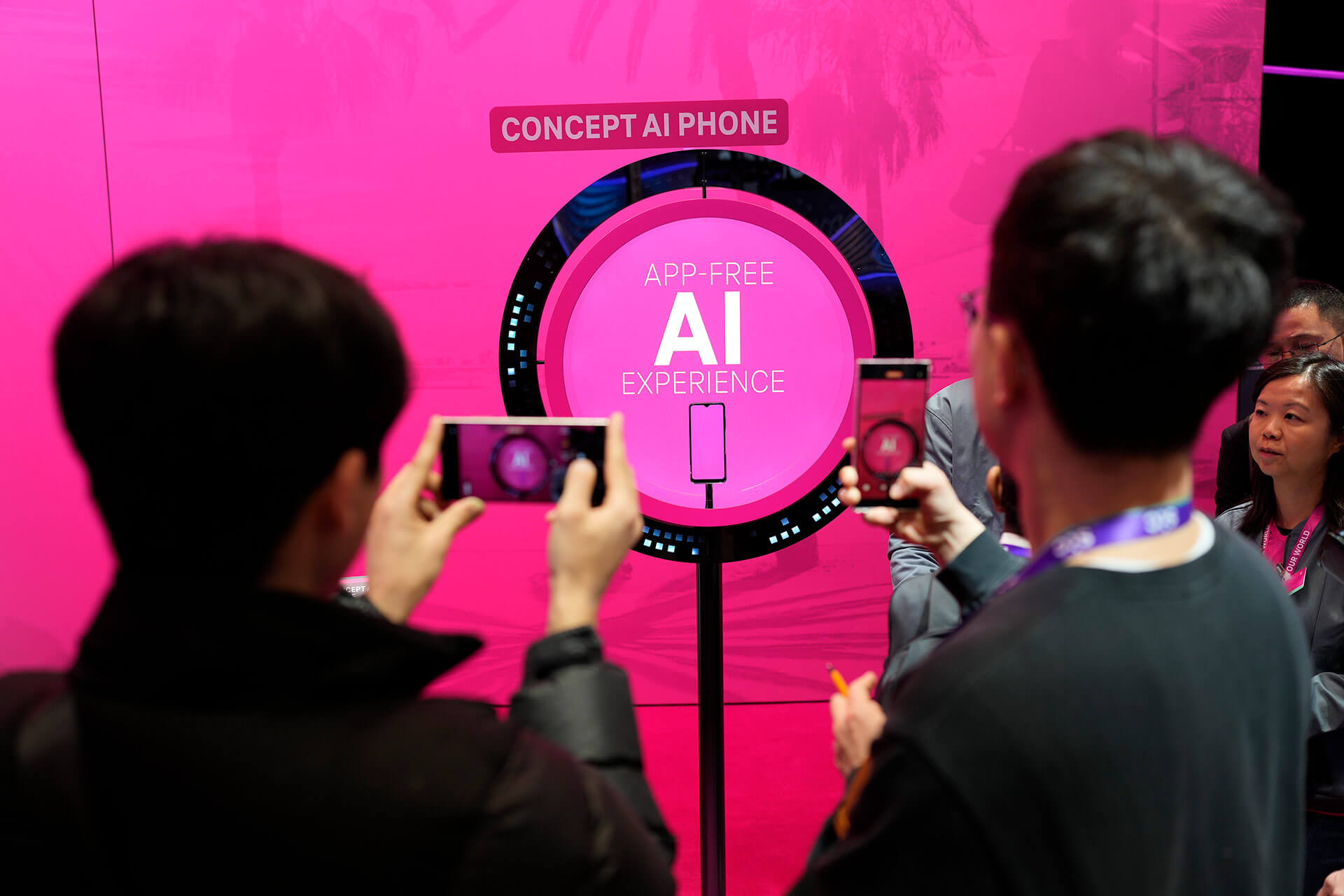
© 2024 GSMA / MWC
Virtual reality to reduce fear in radiotherapy
The Vall d’Hebron University Hospital was in the 4YFN room of MWC presenting different innovations.
Their proposals include an avatar to help obese patients lose weight, the hospital at home or virtual reality glasses that reduce fear and anxiety in children undergoing radiotherapy.
Thus, ConVERSelf is an avatar that functions as a virtual self-conversation chat, which uses motivational interviewing techniques to treat obesity, promoting healthy eating and physical activity.
And in the ‘I am ready’ project, by Nixi for Children, promoted by the Ricky Rubio Foundation and implemented at the Vall d’Hebron Hospital, they showed virtual reality glasses that manage to reduce children’s fear and anxiety. who do radiotherapy.
In two years, this initiative has reduced the anguish and fear they feel by half and has avoided sedation for patients who are between 3 and 9 years old.
In summary, the pharmaceutical industry presented great technological advances in digital health at the MWC, innovations of great significance and great future that are already transforming their respective sectors.
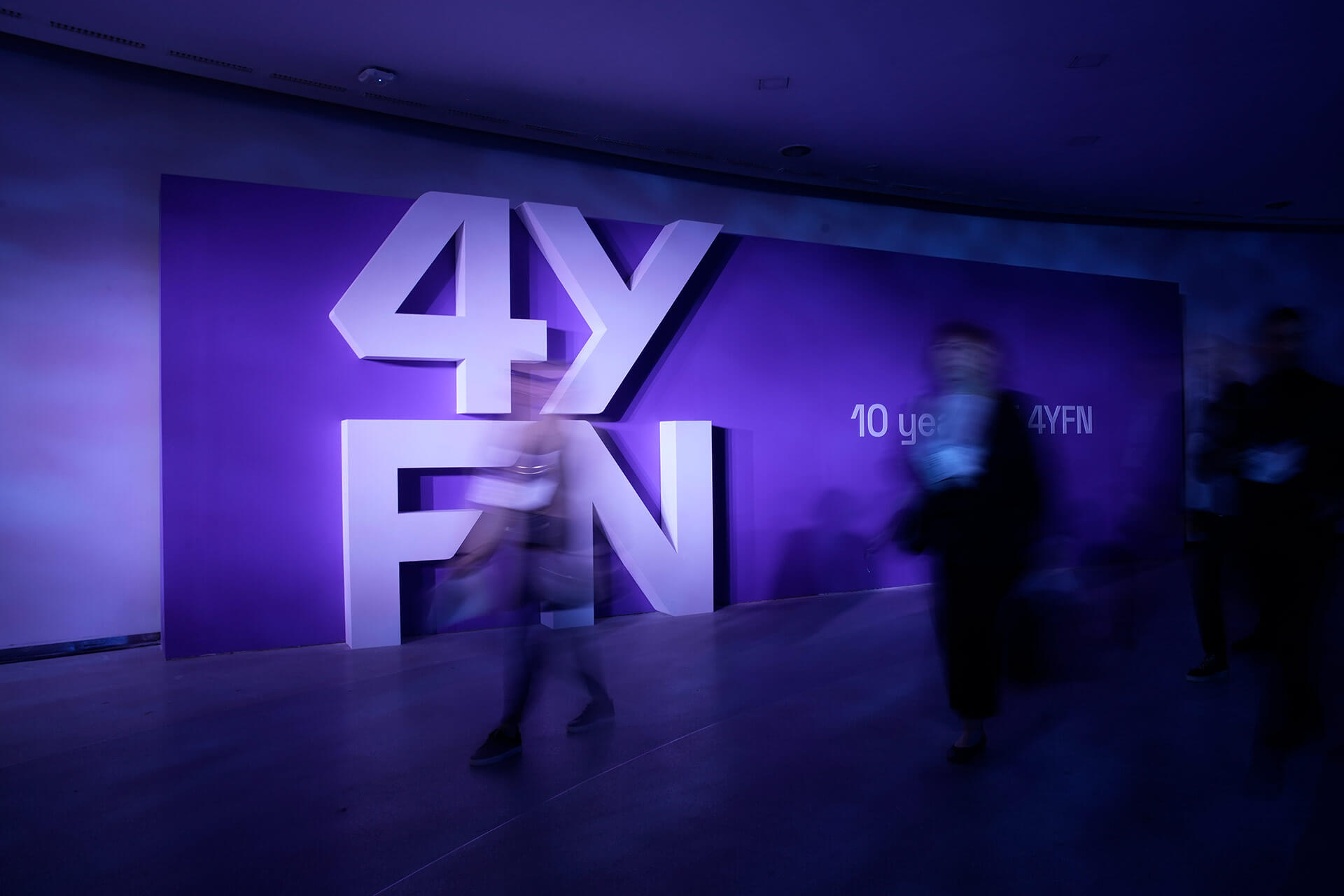
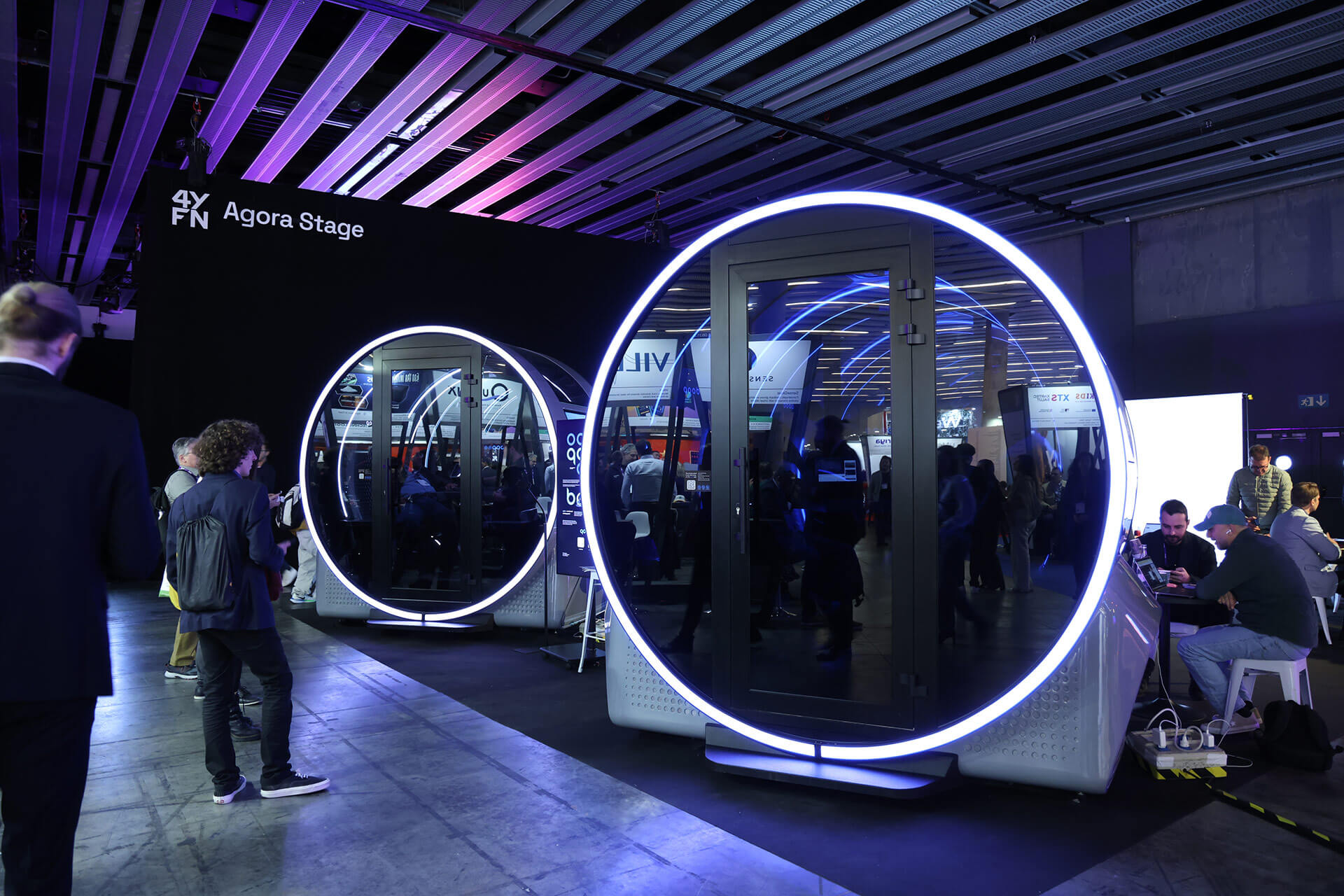
© 2024 GSMA / MWC


